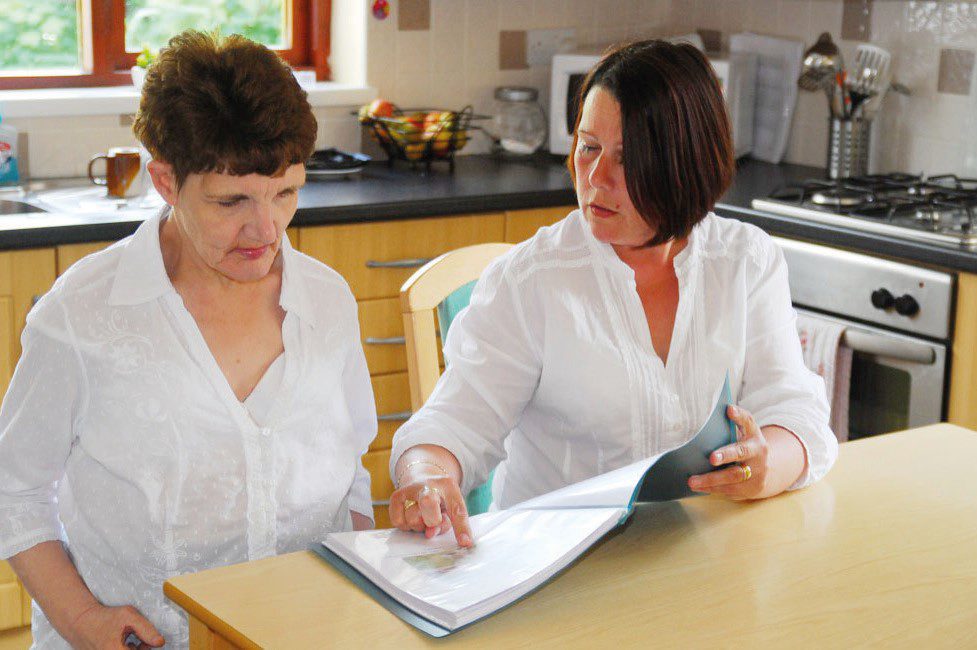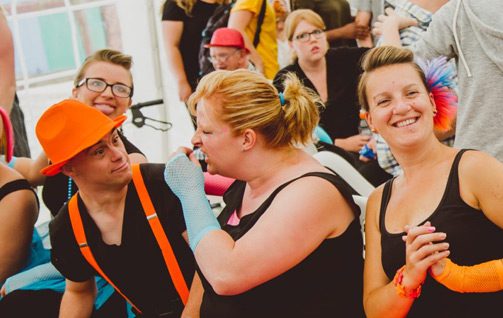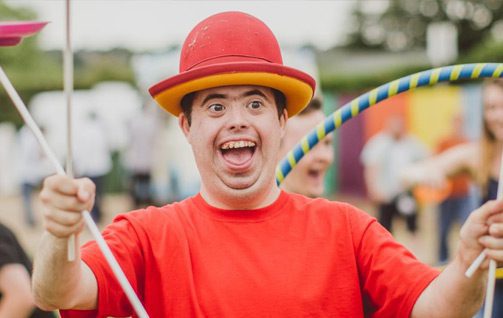Our aim is that people who experience epilepsy have the best possible seizure control, living a fulfilling life while managing risk proportionately and well. Importantly we aim for the person to have as much understanding and control over their condition as possible, so there is a significant focus on education and empowerment for the person supported.
Achieve together support many people with complex epilepsy. Support is facilitated by our nurse-led health & wellbeing team, in collaboration with local health teams, the person supported and their family.
We actively encourage the use of assistive technology to monitor seizure activity, including with overnight support and the use of alert devices worn by the person. Monitoring of seizure activity is in line with the principles of the Mental Capacity Act and Deprivation of Liberty Safeguard Authorisations in place as relevant to safeguard the person.
SUDEP can be a significant risk to people who experience epileptic seizures, and we, therefore, complete a SUDEP Risk Checklist to then consult with local health professionals to seek to reduce risk.
Achieve together support a number of people with specific epilepsy syndromes, including Lennox-Gastaut, Dravet Syndrome, Retts Syndrome and also people with non-epileptic seizures – our skillset is strong; therefore, we are able to guide and support teams to provide personalised support to assist each person to live a happy, healthy and meaningful life, managing their epilepsy well.
Our Head of Health & Clinical Governance, an Adult & Children’s Nurse with a PG Cert in the epilepsies, oversees all epilepsy-related policies, training and strategies alongside other adult and learning disability nurses in our team.
Excellent internal training and competency assessment complement high-quality epilepsy support and risk management planning to ensure a highly-skilled, confident and knowledgeable team are supporting the person, linking well with local epilepsy and neurology services.
Team members follow a blended learning training and competency framework that equips them with knowledge and skill on epilepsy, seizure management and the administration of rescue medication, including buccal midazolam and rectal diazepam in rare incidences in which that may still be prescribed. This training is best practice and in line with the ESNA Midazolam Guidelines. We also support people who have a VNS (Vagus Nerve Stimulator) in place with internal training and support to the team.
For further information about our epilepsy support, please contact erren.wheatland@achievetogether.co.uk , Head of Health & Clinical Governance.
For additional information and case studies, visit our complex epilepsy support spotlight page.





